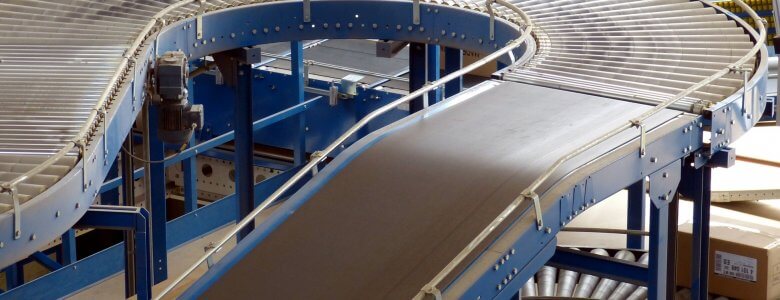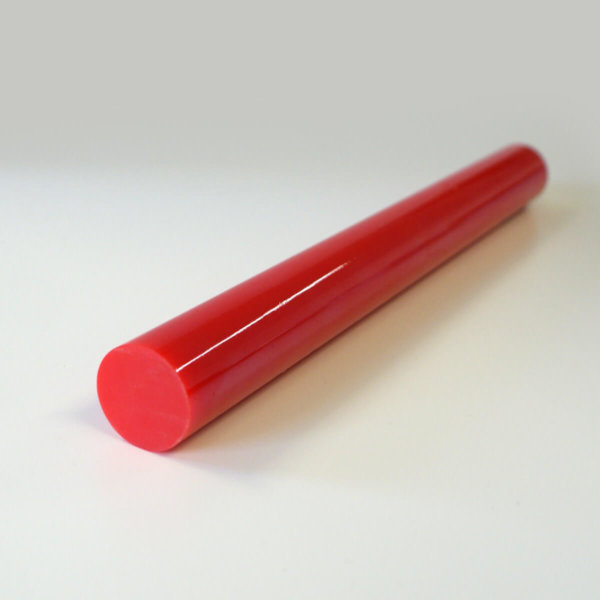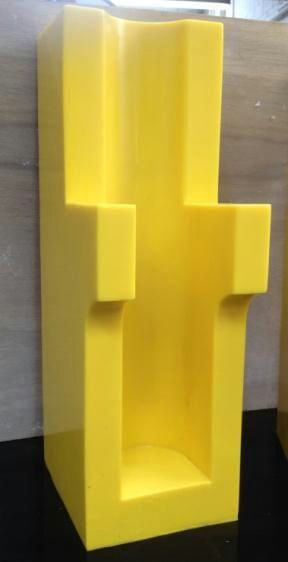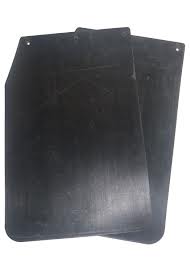If you need to specify an industrial roller finish for your manufacturing process, this article explains why polyurethane rollers outperform other materials. The humble roller fulfils a multitude of roles while coping with ‘heroic’ levels of pressure, friction, and potential environmental interference. It is generally a component that needs to rotate on a central axis reliably and smoothly, often at speed. Some roller applications involve feather light operations, while others require the material used to have significant load-bearing abilities.
As the form, function, and fortitude of each roller can be crucially important, choosing the best material for prototyping rollers is vital. For increasing numbers of machinery manufacturers and engineers, the top choice is Polyurethane rollers. That is equally true whether it’s a roller for intricate, smooth pulley operations, fast operating conveyors, or heavy-duty printing presses for example. In fact, polyurethane outperforms other materials for rollers used in moving, squeezing, spreading, pressing, feeding, laminating and coating too! Why are polyurethane rollers so effective?
Properties of polyurethane
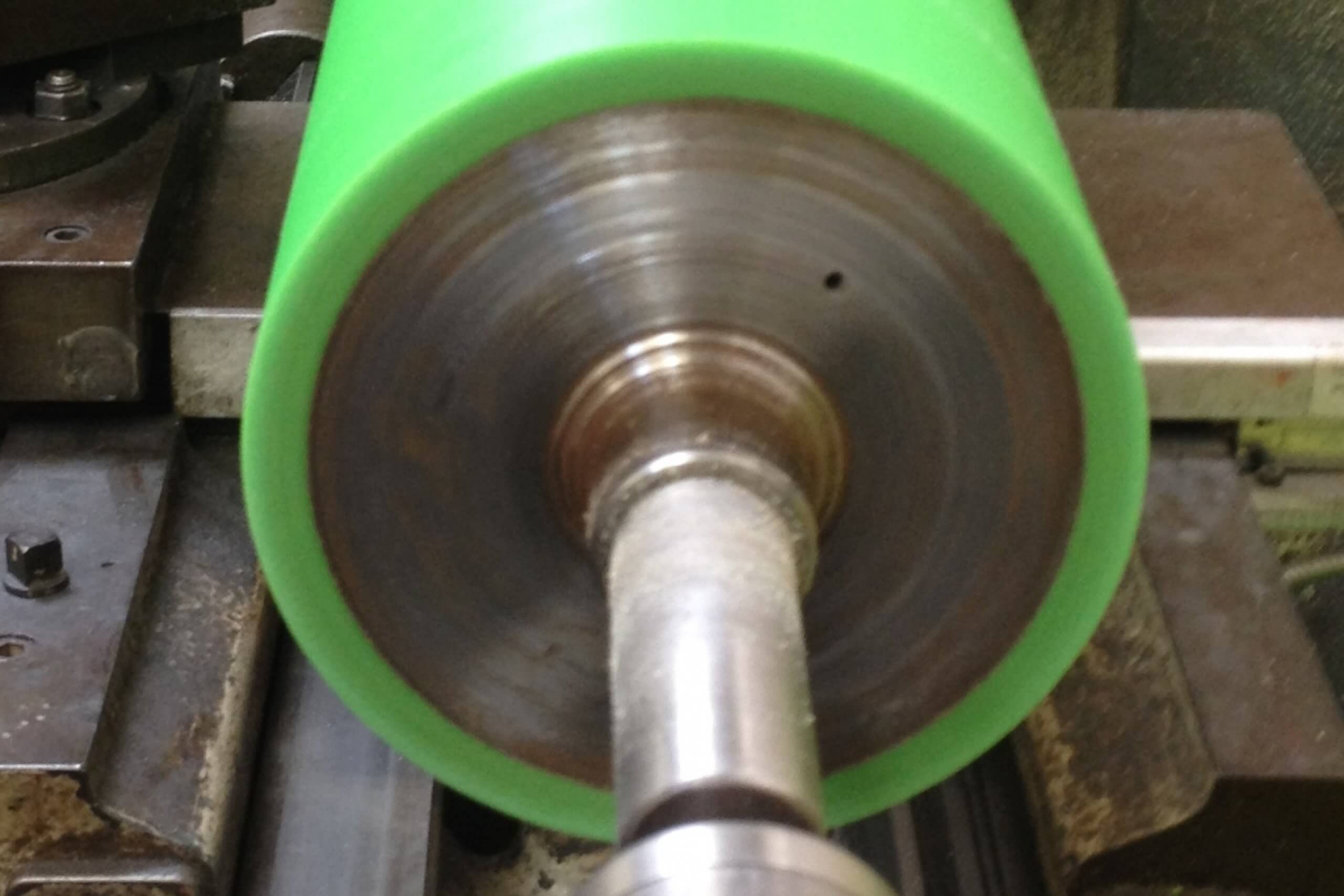
Related article: Polyurethane Wheels and Roller Repair Re-covering
Polyurethane can be created to meet any tensile specifications – from soft foam to rock-hard items with the strength of metal. That is just the start of the many advantages of polyurethane in roller manufacturing. Other reasons to choose polyurethane rollers include the following:
Durability
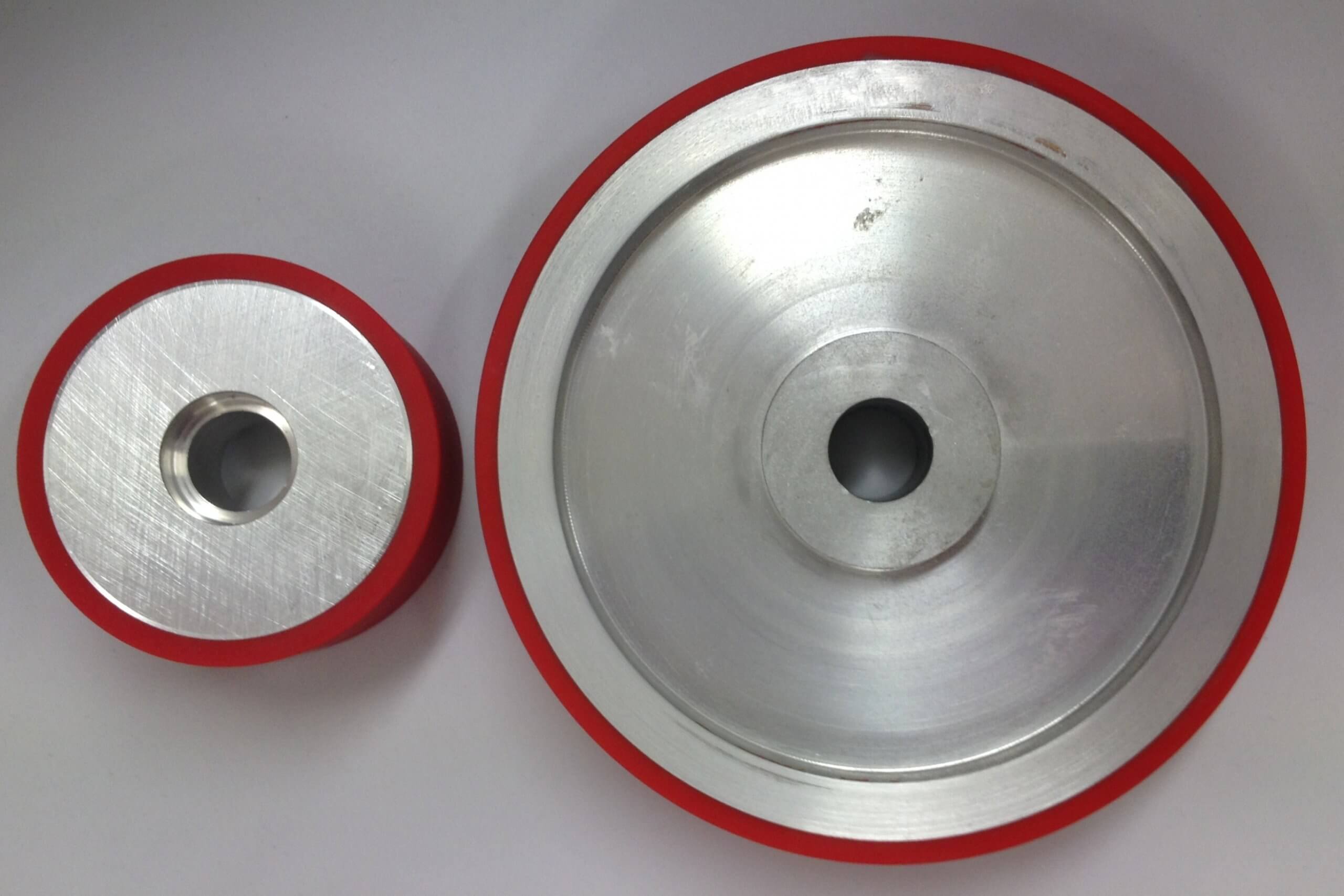
Polyurethane is incredibly strong and long-lasting in all its forms and guises. Its unique structural formation enables it to withstand all the ‘perils’ that can impact other materials like rubber, metal and even plastics.
That includes having an unrivaled ability to resist friction, abrasion and a wide range of contaminants.
Alternative materials for roller production can’t boast the same level of resistance to daily operations and climate. For example, some types of rollers split, crack, flake or roughen from excessive use or pressure. Others become slick or distorted by oil, moulds, water or chemicals for instance.
This makes polyurethane perfect for rollers operating in fast-moving equipment, or for outdoor applications.
A great example is a cable drum roller which needs to have excellent weight-bearing properties and be reliable, even in difficult conditions.
The durability of polyurethane rollers also makes them an asset when it comes to maintenance schedules for machinery or equipment. Lower replacement rates have a significant impact on machinery downtime and resulting costs.
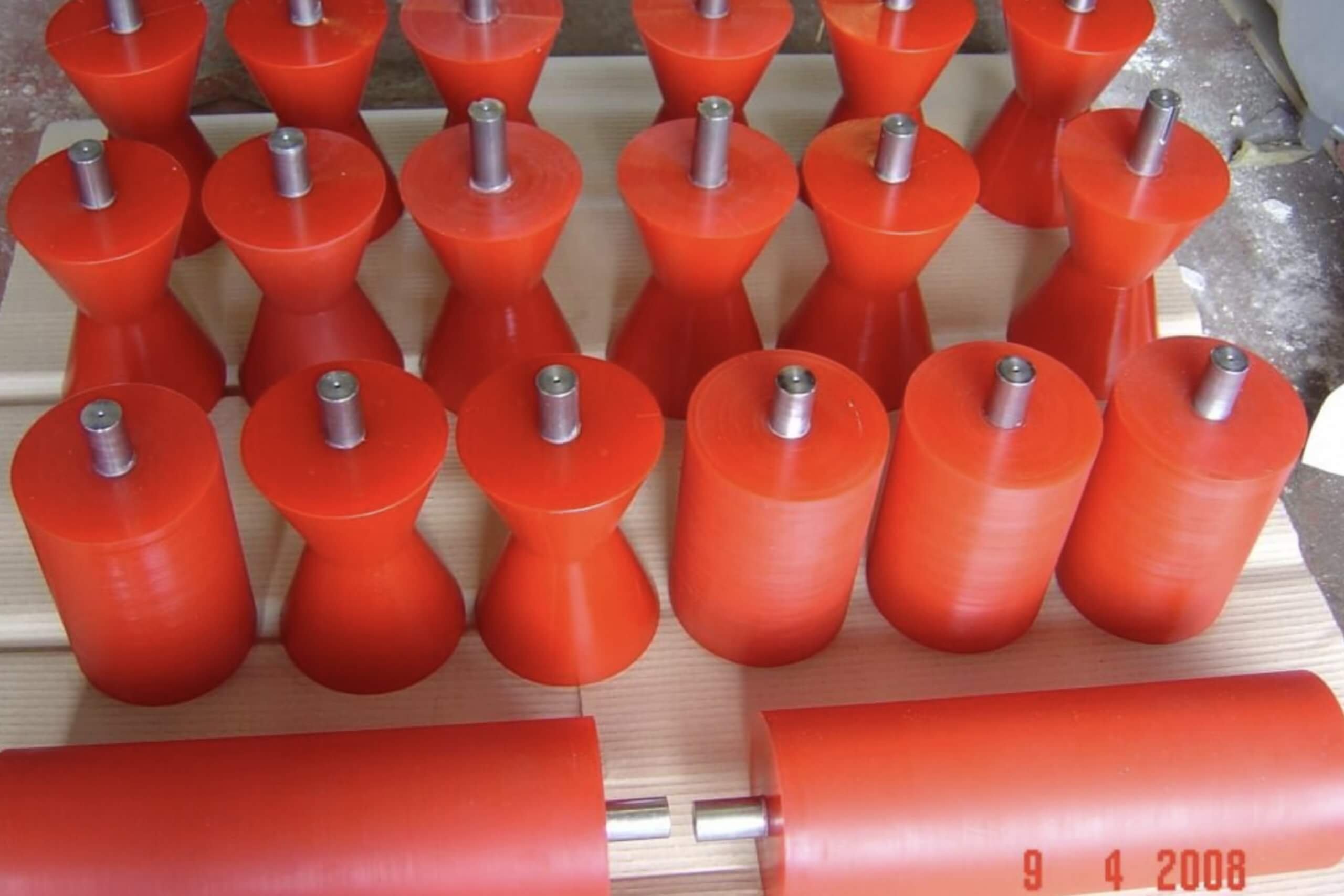
High tear strength
One of the most common issues with rollers for machinery and handling equipment is that they can tear suddenly, and create a ripple effect of issues. In some cases, for example conveyor belt rollers, demand on performance is unrelenting. A split roller won’t just delay production, it could also create damage to products being transported.
The durability of polyurethane greatly reduces this risk, as the tensile robustness it offers creates rollers with incredibly high tear resistance.
Also read: Industrial Wheels: The Benefits of Polyurethane
Extreme temperature resistance
Another factor that can reduce the effectiveness – and lifespan – of rollers made from alternative materials, is temperature. Operating in extreme heat or cold can erode some types of rollers, or certainly make them function less reliably due to swelling or compression.
Take for instance rubber rollers. The long chains in their structure can get hot, and start to vibrate, causing the material to contract.
Even the slightest alteration in the dimensions and tensile properties of a roller can affect its performance, and therefore its reliability and ability to support production targets.
Polyurethane rollers consistently hold their shape and integrity through temperature ranges – including not heating up when intensive friction is applied.
Read more:What is MOCA in Polyurethane?
Noise reduction
There are times when the value of a polyurethane roller is not about how durable and long-lasting it is. Instead, the insulation properties of polyurethane rollers ‘move’ along the priority list.
There are numerous applications for rollers when sound levels are important. Polyurethane rollers are excellent at controlling and dampening noise. That is why polyurethane is now a common choice for noise-dampening structures in buildings, as well as being a great heat insulator.
Keep reading: Quality polyurethane sheet – A complete buyer’s guide
Fulfilling wide-ranging roller specs
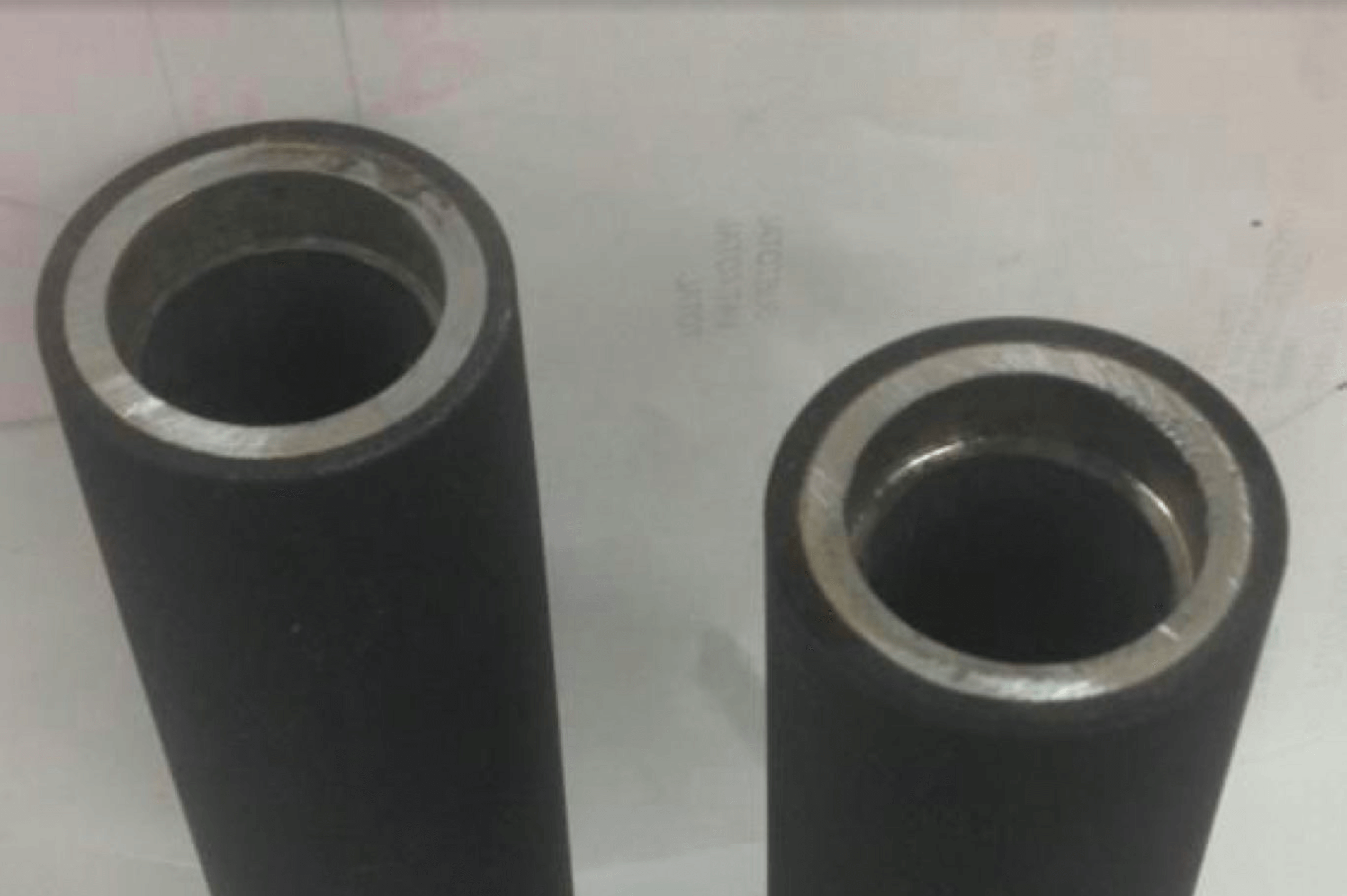
Having illustrated why polyurethane rollers outperform other materials, it’s important to point out that another reason to specify rollers made from this material is its cost-effectiveness.
You can get these components quickly – and at a favourable unit cost – by using a UK-based manufacturer of polyurethane rollers!
The team at Custom Moulded Polyurethane can take any prototype spec for rollers, and swiftly produce a finished item. That includes larger runs of polyurethane rollers and colour-coded units for different purposes.
Want to find out how much it will cost to make your products?
